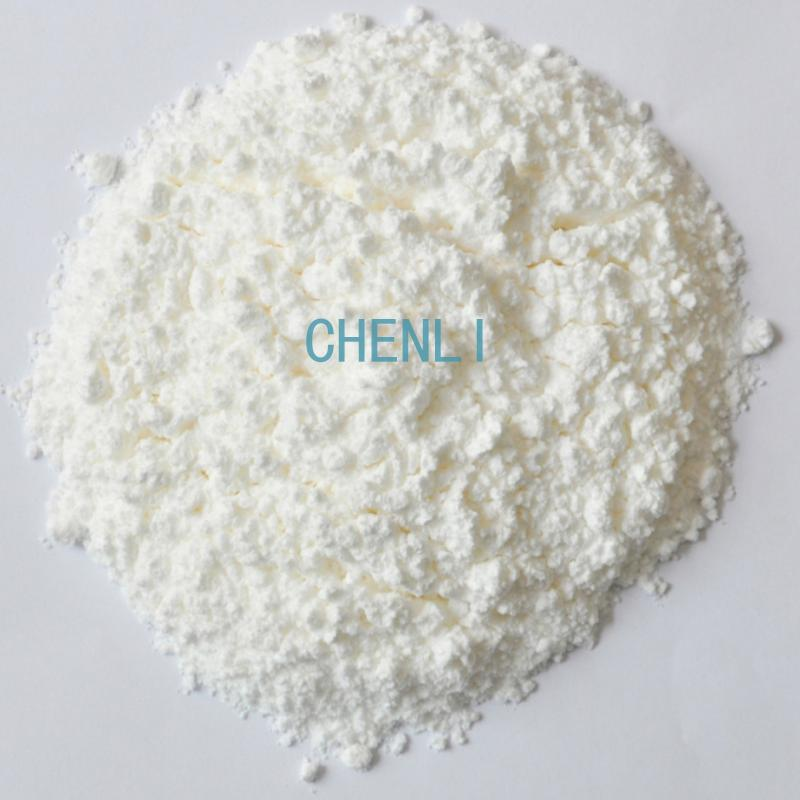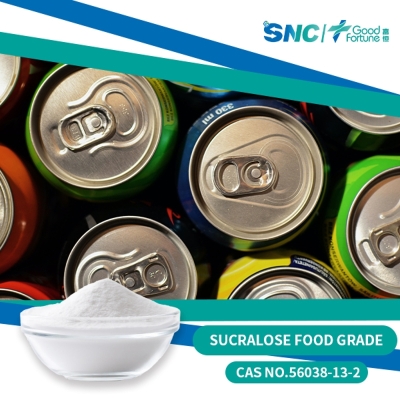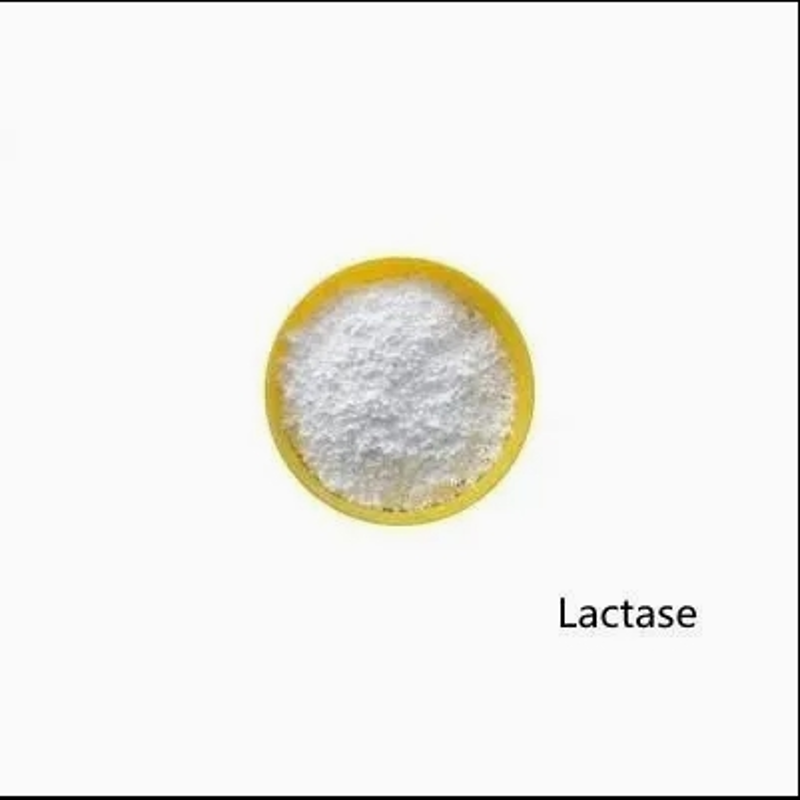Can stevia sugar eliminate obesity?
-
Last Update: 2021-02-13
-
Source: Internet
-
Author: User
Search more information of high quality chemicals, good prices and reliable suppliers, visit
www.echemi.com
it looks like sugar, and the
of sugar
like
,
tastes like sugar. But stevia is a calorie-free sweetener that can have a huge impact on the food industry, and some say it can help fight obesity and diabetes., stevia is a pure natural product, unlike other sugar substitutes. It is native to South America and dates back thousands of years, when the people of Paraguay and Brazil treated
as
sweets.although it has been sold in the Japanese market for more than
40
years, it has only
been
widely used in recent years. However, it quickly became popular, with sales in the
U.S. growing
400 percent
between
2008 and last year, because consumers saw it as
glyof
quality
and wouldn't feel guilty after eating it.sugar company
Silver Spoon
quickly gained a place in the market. Its
TruVia
product is made with stevia sugar instead of sugar
, and
has become the second-largest sugar substitute in sales since
went on sale in the U.S.
in 2008
. After
sales of stevia sugar by the European Food Safety Authority in
2011,
has opened up a
market
Europe."In
countries where
TruVia
is available, after
we launched the
TruVia
,
will form a
-sugar alternative to the
product
category,"
mark Brooks, global business director for
, TruVia
Products
, said, "You've got
sugar
's
perfect taste and functionality, giving up only the
calories of
added sugar."Huletts
an orange-packed
stevia
called EquiSweet., however, not all consumers are happy withsweetener because
has a
-after-taste (aftertaste)similar to licorice. Danon Dairy, for example, decided to change
formula because
's taste led consumers to respond badly to stevia yogurt.to address the problem of
,
some companies still contain sugar in their products that use stevia to sweeten."We've just launched a baking mix, and this
product
has
75%
or less calories, but it
contains
50%
of sugar because it's
so important,
it helps the product bake." "
Brooks
said.Silver Spoon
Director of Marketing
Tony Lucas
says the vast majority of consumers are
very
enjoying
TruVia
. "Any
launch of a new food will have
hair has some people really like its taste, while some people don't like the
situation
,
," he said, "as we expected, one or two people said they didn't like the taste, but most people thought it was delicious."I tasted
stevia
in a
drink, I didn't feel bad
or
licorice
after
taste. However, to
I was
surprised
it
tastes
so like a chemical
product
but is essentially the only natural sugar substitute for
.of stevia products may have much to do with their ability to help tackle
growing obesity
. Of course,
stevia is the only
sugar substitute
from
's other zero-calorie sugar alternatives
, which
is also very attractive to
consumers
.Candarelis now selling a green package of stevia stevia sweeteners said Dr Margaret Ashwell
, a member of the International Stevia Sugar Society's Scientific Advisory Board. Factories face many opportunities to respond to national and international commitments to reduce the amount of sugar in their products to help address the obesity crisis. Steviaalso allows consumers to satisfy their cravings for sugar without feeling guilty.
, professor of nutrition and director of the functional food centre at
Oxford Brookes University
, agrees that stevia glycosides may satisfy our common desire for sweets.people who don't have diabetes are more likely to advise people not to eat sugar, but the pleasures of food are one of the driving forces in our lives," he said. So if you can enjoy the food from stevia sugar, why not? ButHenry
cautious about the idea that stevia sugar is considered a omnom. "Stevia does have some benefits, but it's not a omnal antidote to obesity."in the UK, stevia is found in calorie-reducing foods such as Sprite, Nestle, pure fruit orange juice and a variety of yogurts.long-term physiological effects of stevia sugar intake have not been widely analyzed.
Brooks
consumers need not worry. "We've invested in rigorous security research over the years," he said. We are confident that we can recommend this product, otherwise we will not sell the product in the market. " stevia sugar has been consumed for more than
,000
years, consumers need not worry about its negative health effects, " he said. What we eat now is potentially risky. In a contemporary society where people always say that "nature is better than synthetic", stevia sugar may be a good choice. But
Fat Chance
: The Anti-Ear Talk about Sugar, says Dr.
Robert Lustig
's lack of research into the long-term effects of stevia sugar is worrying. He says the goal of losing weight can backfire because the body wants real sugar when it doesn't get it.'t have that information yet," he said. And unfortunately we won't get that information any time soon. So I'm still admmycient about this idea, because the scientific data on it hasn't come up yet. ResearchersPurdue University in Indiana have found that stevia sugar is also good for teeth. Different from sugar, stevia sugar does not cause tooth decay, and can even prevent tooth decay by preventing plaques from forming.the production of stevia sugar is much like the production process of sugar, it is still more expensive, in part because the real demand for stevia sugar is still much lower than the demand for sugar. Stevia sugar costs ten times as much as sugar.stevia sugar is expensive, more and more people are likely to continue to love this zero-calorie product.Lucas
predicts: "The market for stevia sugar will continue to expand, with our sales increasing every month, and people love that it's natural and calorie-free, but they also like its grainy shape, just like sugar." Inof stevia sugar in South Africa health authorities last year authorized stevia sugar to be used in South Africa.Candarel
is now selling a green-packed stevia saccharide sweetener that is undoubtedly aimed at consumers who are wary of asparticose and sucralose products.,
Huletts has an
EquiSweet
sweetener that uses
stevia sugar, which is packaged in orange.
This article is an English version of an article which is originally in the Chinese language on echemi.com and is provided for information purposes only.
This website makes no representation or warranty of any kind, either expressed or implied, as to the accuracy, completeness ownership or reliability of
the article or any translations thereof. If you have any concerns or complaints relating to the article, please send an email, providing a detailed
description of the concern or complaint, to
service@echemi.com. A staff member will contact you within 5 working days. Once verified, infringing content
will be removed immediately.







